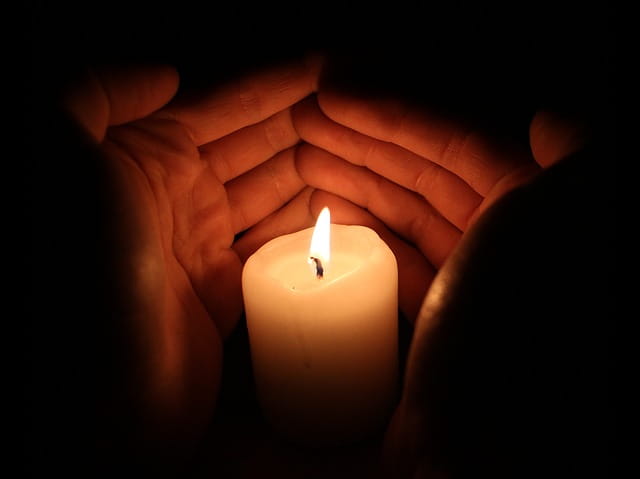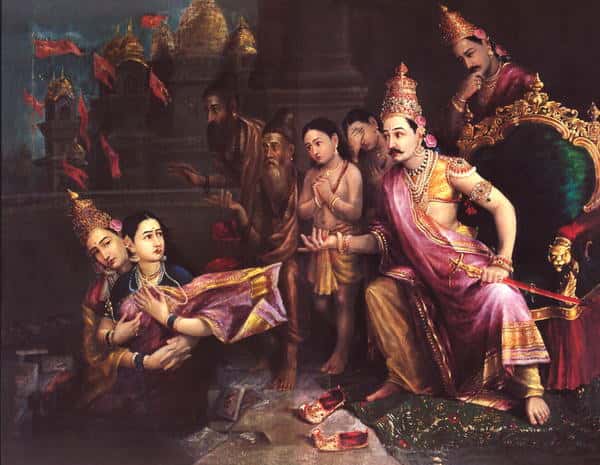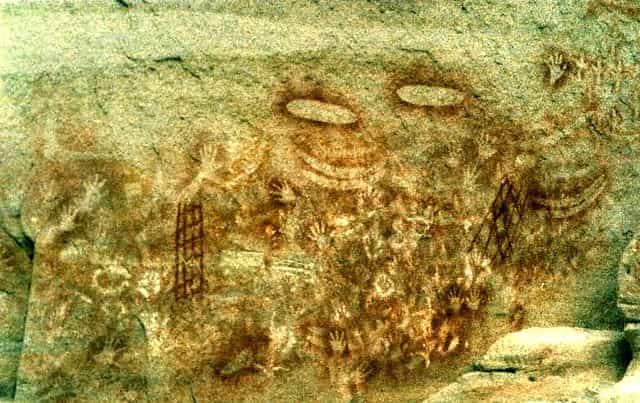When my play was with thee by Rabindranath Tagore
“When my play was with thee” is the 97th verse (XCVII) from Gitanjali by the Nobel laureate Rabindranath Tagore. It is addressed to the supreme being.

“When my play was with thee” is the 97th verse (XCVII) from Gitanjali by the Nobel laureate Rabindranath Tagore. It is addressed to the supreme being.

“Light, oh where is the light”, verse 27 (XXVII) in Rabindranath Tagore’s Gitanjali, is about Tagore’s spiritual yearning for the divine light.

Sahir Ludhianvi wrote “Twenty-sixth January” in reaction to the deplorable condition of his countrymen after the coveted tryst with independence.

“After Death: Twenty Years” by Birendra Chattopadhyay is a poetic address to Rabindranath Tagore concerning the incidents before and after the partition.

“Bequest” is written by the feminist poet Eunice de Souza in which she talks about how patriarchal standards and norms shape the destiny of women.

“Advice to Women”, written by the Indian poet Eunice de Souza, is a short pithy saying on the “otherness” of lovers and their carelessness.

“The Black Family Pledge” is written in the form of a pledge that the African American families must take at this moment to rectify their faults.

“Sita” appears in Toru Dutt’s posthumous poetry collection Ancient Ballads and Legends of Hindustan. This poem is about the story of Sita’s second exile.

Margaret Atwood’s “Journey to the Interior” is a poem about the poet’s journey into her mind and how she finds it difficult to escape from there.

“Dreamtime” by Oodgeroo Noonuccal is an impassioned address to the Aboriginal spirits of the past who fearlessly resisted the invaders. The term “Dreamtime”, also referred to as “The Dreaming” is connected with Australian Aboriginal beliefs.